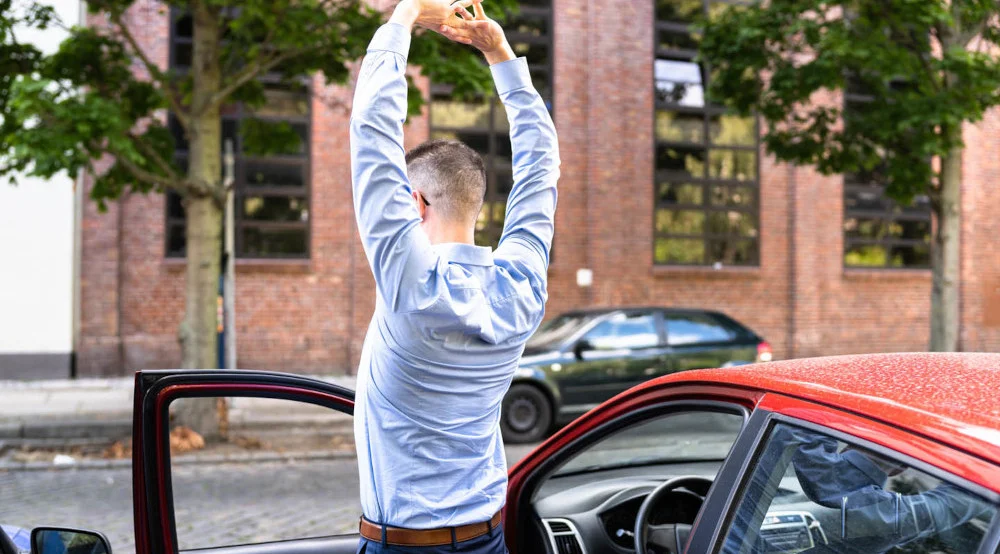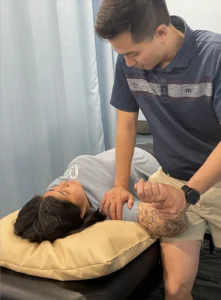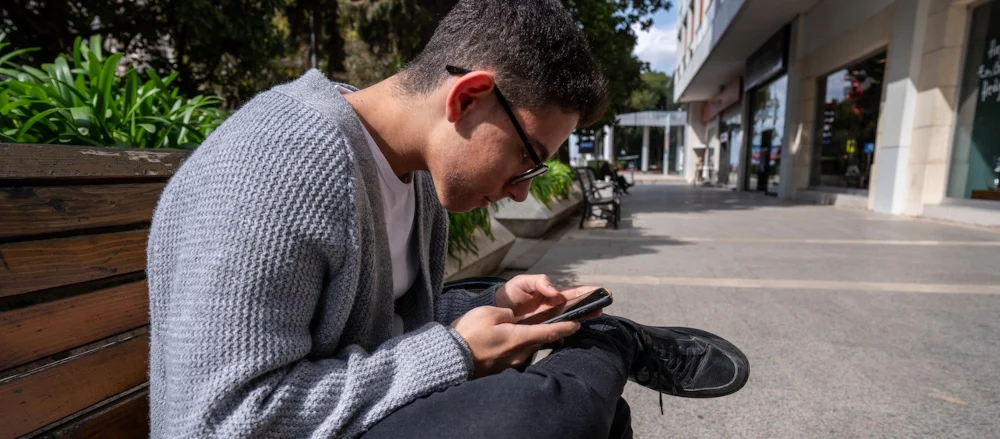- Why Long Drives Take a Toll on the Body
- How to Prepare Your Body and Your Car
- The Importance of Movement on the Road
- What to Do if Pain Persists After Your Trip
- Long Drives Don’t Have to Be a Pain
There’s nothing quite like a summer road trip in Ontario. Whether it’s a spontaneous drive to the cottage, a family trip to Niagara Falls, or a weekend adventure to explore small towns around the GTA, the warm weather and long daylight hours make summer the perfect time to hit the open road. But while your mind may be focused on fun and freedom, your body—particularly your spine and muscles—may not be as prepared for the journey ahead.
At Sheddon Physiotherapy in Burlington’s Aldershot neighbourhood, we see a noticeable increase in patients complaining of back, neck, and hip discomfort during the summer months. In many cases, these issues are directly linked to long periods of sitting behind the wheel or as a passenger. While driving may seem passive, it actually places sustained stress on the body, particularly when posture, seat setup, and rest breaks aren’t properly considered.
Why Long Drives Take a Toll on the Body
Prolonged sitting, especially in a car seat that may not support proper spinal alignment, causes the natural curvature of the spine to flatten or exaggerate. Over time, this can compress the discs in your lower back and create pressure on nerves, potentially leading to conditions like sciatica. Neck stiffness, upper back tightness, and even tension headaches can develop due to forward head posture or shoulders hunching over the steering wheel.
One of the most common issues we see is lumbar discomfort—often the result of slouching or improper lumbar support. When you sit with your pelvis tucked and shoulders rounded, your core disengages and your spine bears the load alone. Over hours of driving, this can cause pain that lingers long after the engine is turned off.
Passengers aren’t immune, either. Being inactive for hours at a time with limited opportunities to shift positions can create the same symptoms, especially if you’re slouched over a phone, tablet, or curled up trying to nap.

How to Prepare Your Body and Your Car
Before hitting the road, it’s worth taking a few minutes to optimize your driving posture. Start by adjusting your seat height so that your hips are level with or slightly above your knees. The backrest should be tilted no more than 100 to 110 degrees—enough to allow you to sit comfortably without rounding your lower back. Make sure you can easily reach the pedals without stretching, and that your shoulders remain in contact with the seat while your hands rest on the wheel.
Lumbar support is often overlooked. If your car doesn’t have built-in lumbar support, try rolling up a small towel or placing a supportive cushion behind your lower back to maintain the natural curve of your spine. Even something as simple as removing your wallet from your back pocket can help align your hips and reduce asymmetrical pressure.
For passengers, the key is to keep moving. Adjust your sitting position periodically, and avoid crossing your legs for long stretches. Support your lower back and neck as needed, and try to shift your posture every 20–30 minutes.
The Importance of Movement on the Road
It might be tempting to power through the drive and shave an hour off your arrival time, but your body will thank you for regular breaks. Getting out of the car every 60 to 90 minutes to stand, walk, and stretch is one of the most effective ways to combat stiffness and maintain circulation.
Simple movements like shoulder rolls, neck rotations, and gentle back extensions can reduce muscle tension and help reset your posture. These mini “movement snacks” are especially important on longer road trips, where small aches can turn into bigger issues if ignored.
 What to Do if Pain Persists After Your Trip
What to Do if Pain Persists After Your Trip
Despite your best efforts, some post-drive discomfort may linger. If you’re dealing with stiffness, aching, or sharp pain in your back, neck, or hips after a road trip, it’s important not to ignore the symptoms.
At Sheddon Physio Clinic Burlington, our team of experienced clinicians is here to help. We’ll start with a thorough assessment to understand the underlying cause of your discomfort, including your posture, mobility, and strength patterns. From there, we develop a personalized treatment plan that might include manual therapy, gentle mobilizations, and corrective exercises to address muscular imbalances or joint restrictions.
Our goal is to do more than just relieve the pain—we aim to restore your body’s resilience, so you’re better equipped for your next adventure. Whether you’re planning another trip or simply want to improve your day-to-day comfort, we’ll give you the tools and support to feel your best.
Long Drives Don’t Have to Be a Pain
Road trips should be memorable for the views, the laughs, and the destinations—not for the discomfort they cause. By paying attention to how you sit, taking regular breaks, and addressing any signs of tension early on, you can enjoy all that summer travel has to offer without sacrificing your well-being.
If you’re experiencing pain after a long drive, don’t wait until it worsens. Book an appointment with Sheddon Physiotherapy Clinic in Aldershot today. Our team is ready to help you get back on the road—and back to living—with confidence and comfort.


































